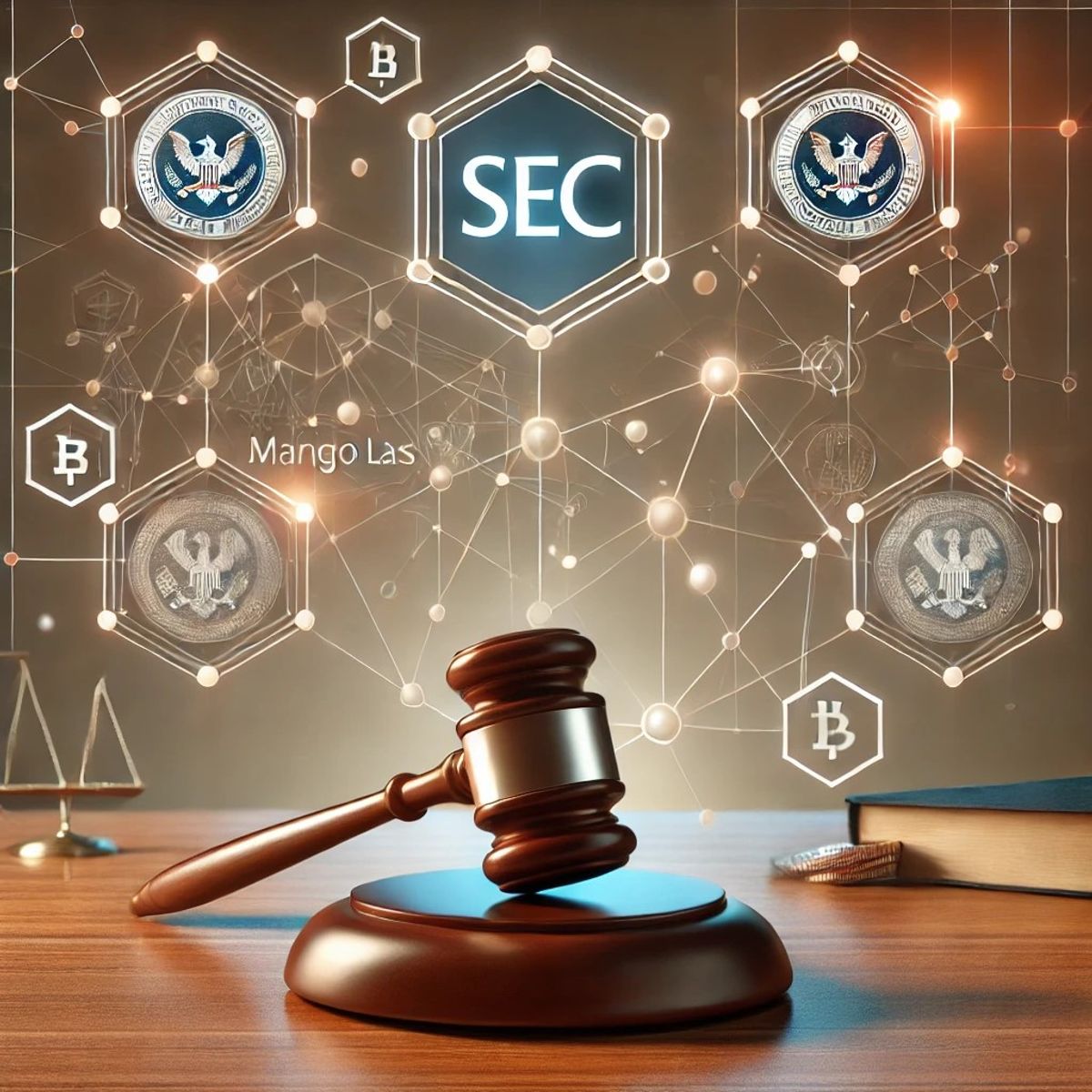SEC Enforcement Against Mango Labs: Decentralization Won't Shield You from Regulatory Scrutiny

The recent SEC enforcement action against Mango Labs, Mango DAO, and Blockworks Foundation underscores that claiming disintermediation or decentralization does not exempt crypto projects from regulatory compliance. The charges revealed how Mango Markets—a decentralized platform built on the Solana blockchain—conducted typical securities market activities without registering as required under federal securities laws. Despite being decentralized, the entities behind Mango Markets are held accountable for failing to register their offerings and engaging in unregistered broker-dealer activities.
The Myth of Decentralization as a Legal Shield
Many Web 3.0 and DeFi projects operate under the assumption that by leveraging blockchain technology and decentralized autonomous organizations (DAOs), they can bypass U.S. securities laws. Mango Markets provides yet another example of why this assumption is dangerous. The SEC has made it clear that the underlying technology or governance model does not change the legal responsibilities of the operators behind these platforms.
In the case of Mango Markets, although the platform operated through a DAO and issued MNGO tokens as governance tokens, the SEC found that these tokens were investment contracts and, therefore, securities under the Howey Test . Investors expected profits from Mango Markets' success, which was driven by the managerial efforts of Mango DAO and Blockworks Foundation. Simply calling a token a governance token or a decentralized platform does not exempt it from securities regulations.
Business Practices Must Align with Disclosures
A critical issue in the Mango Labs case is the discrepancy between what the platform's operators disclosed to investors and how they conducted business. Mango DAO and Blockworks Foundation promoted the MNGO token sale without registering it with the SEC, denying investors the protections afforded by securities laws. Despite stating that U.S. investors were not eligible to participate in the token sale, Mango Markets failed to implement meaningful controls to prevent U.S. participation, allowing investors to bypass restrictions via VPNs.
This misalignment between disclosures and practices is a recurring issue in SEC enforcement actions. In our previous articles, we've emphasized the importance of transparency and honesty in disclosures to both investors and regulators. Whether promising technological features like automation or claiming to restrict certain groups from participation, your operations must reflect these promises in practice.
Ignoring the Howey Test Is Risky
One of the most critical lessons for Web 3.0 founders is that ignoring the SEC's interpretation of the Howey Test is extremely risky. The Howey Test focuses on whether investors are putting money into a common enterprise with the expectation of profits derived from the efforts of others. In Mango Labs' case, the MNGO tokens were sold as investment contracts, with the promise of profits tied to the platform's growth and governance decisions made by token holders. The fact that Mango Markets was built on a decentralized blockchain did not exempt these tokens from being classified as securities.
Crypto founders who believe that decentralization shields them from securities regulations misunderstand the law. Whether or not you agree with the SEC's interpretation of the Howey Test, the regulator has consistently applied this framework to crypto projects, and the consequences of non-compliance can be severe, as seen in this case.
How Crypto Projects Can Stay Compliant
The Mango Markets enforcement action provides several important lessons for DeFi and Web 3.0 founders:
- Decentralization Isn't a Legal Loophole : Just because your platform operates on decentralized technology does not mean you are exempt from securities laws. You must assess whether your token qualifies as a security under the Howey Test and comply with the relevant registration requirements.
- Register or Seek Exemptions : If your token or crypto asset qualifies as a security, it's essential to register your offerings with the SEC or seek a valid exemption. Failing to do so can expose your project to significant legal and financial penalties.
- Align Business Practices with Disclosures : Ensure that what you disclose to investors and regulators matches the reality of your operations. If you claim that certain investors are excluded or that your platform operates autonomously, ensure you have the controls and technology to make this accurate.
- Seek Legal Guidance Early : Many compliance pitfalls in enforcement cases like Mango Markets can be avoided by consulting with legal experts early in development. This is especially important when structuring token sales, governance mechanisms, and business operations.
Conclusion: SEC's Aggressive Stance on Crypto and Digital Assets
The SEC's action against Mango Labs, Mango DAO, and Blockworks Foundation is part of its broader crackdown on non-compliant crypto projects. The agency has repeatedly emphasized that decentralization and blockchain technology do not exempt companies from following securities laws. Whether your project involves token sales, DeFi protocols, or DAOs, it's crucial to prioritize compliance with U.S. securities regulations from the outset.
Crypto founders must proactively understand their legal obligations, especially as the SEC tightens its enforcement actions. Ignoring these responsibilities or assuming decentralization is a shield from regulatory scrutiny is a costly mistake.
If your project involves token issuance or decentralized finance, consulting with legal professionals is critical to ensure you fully comply with federal securities laws.
